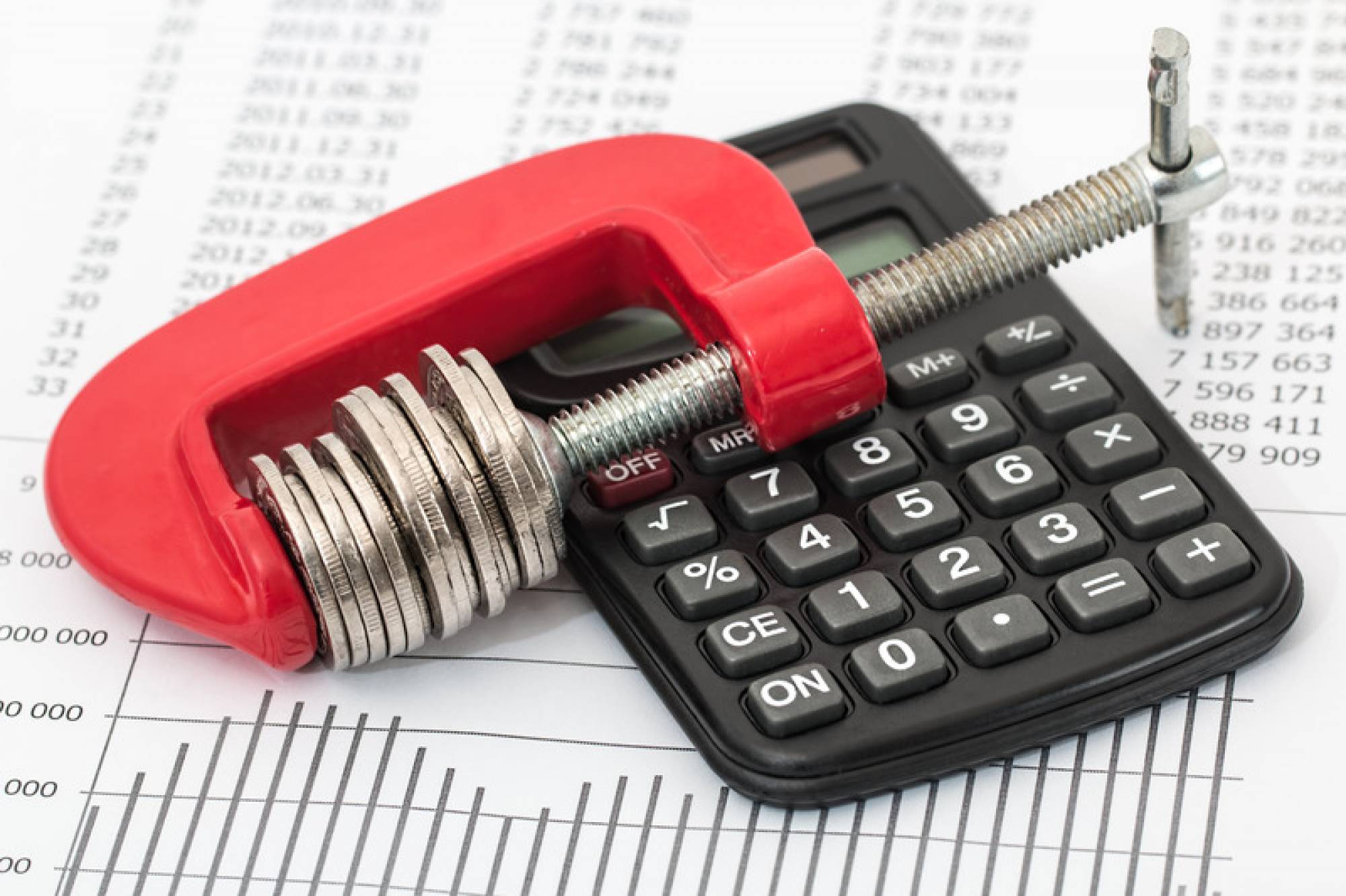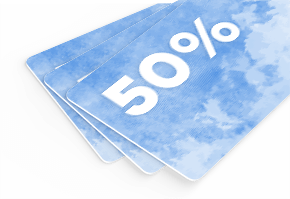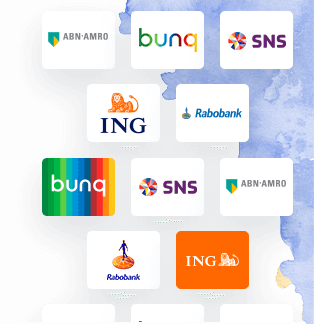
An Incasso process usually goes as follows:
- You are late with a payment, let’s say for the internet.
- The provider will contact you to remind you about your outstanding payment.
- If you keep on refraining from payment, the provider will stop approaching you and send your dossier to an incassobureau.
- The incassobureau will contact you, after which you will have to pay an extra fee, depending on the amount you owe.
- If you fail to pay the amount to the incasso bureau, they will send debt collectors who will legally confiscate (some of) your material belongings if you don’t pay directly.
Usually, this process takes around 4 to 6 months and if you end up paying your debt, you will avoid more extreme measures. However, to prevent such unpleasant situations, we highly advise you to make sure you pay your bills on time. And if you meet any financial problems, make sure to contact your provider proactively and explain the situation – usually, they will grant you extra time to pay your bills without any escalations.
Will an incassobureau influence my credit score?
Luckily, receiving an incasso demand is not the same as receiving a negative credit remark. An incassobureau charges you a collection fee on top of the debt amount because you didn’t pay the original invoice on time. If you end up paying the full amount before the incasso due date, there will only be minimal consequences for your credit score.






















